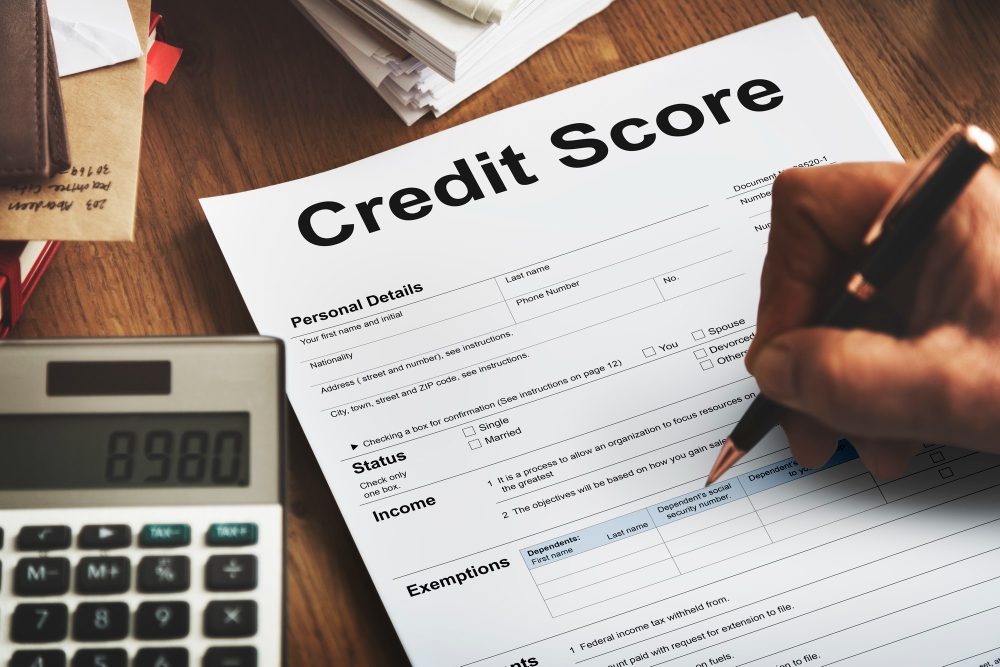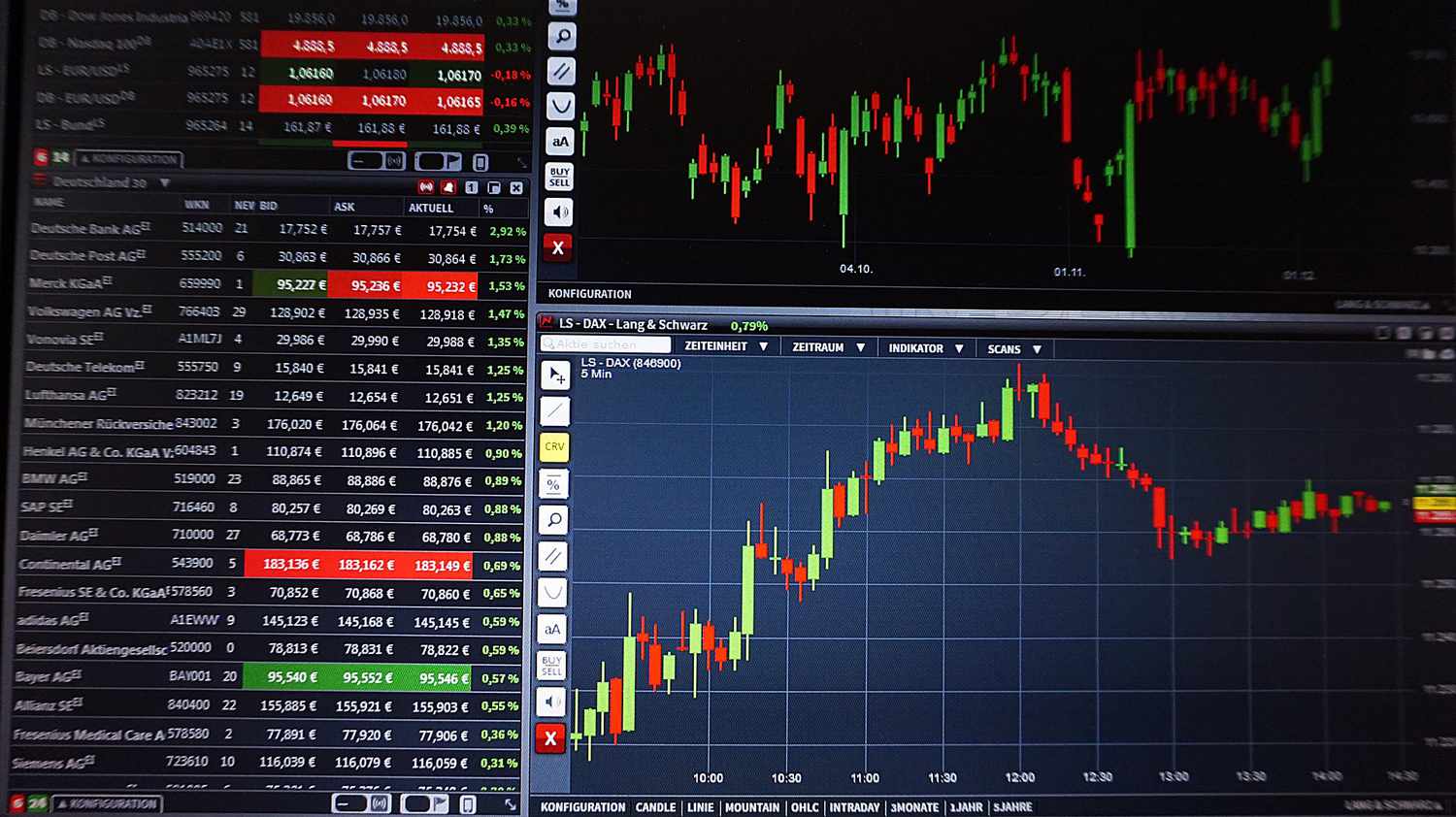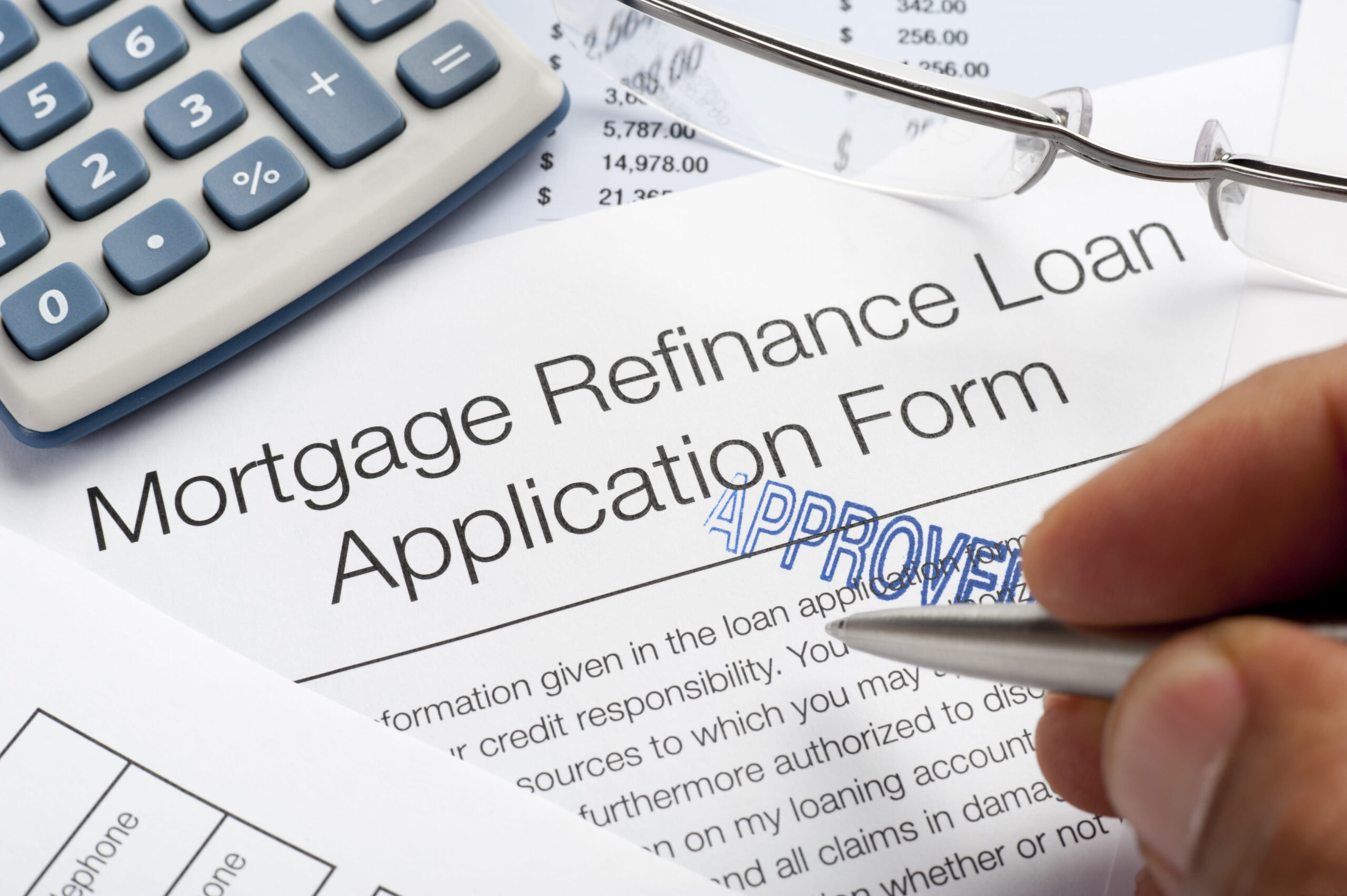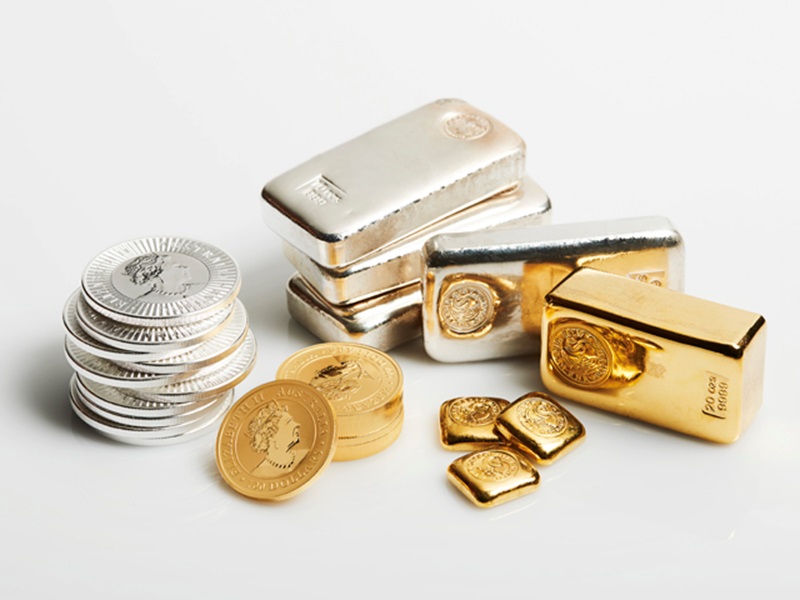Decentralized finance (DeFi) is an emerging financial technology based on secure distributed ledgers similar to cryptocurrencies. The defining characteristics of DeFi are the absence of centralized financial intermediaries and the use of smart contracts operating on blockchain technology. DeFi aims to democratize finance by replacing legacy, centralized institutions with permission less protocols. One innovation DeFi is crypto debit cards you to spend your cryptocurrency holdings like traditional debit cards. DeFi debit cards connect your crypto wallet to a payment network like Visa or Mastercard, instantly converting crypto to fiat currency when you make a purchase.
Official provider websites
The natural starting point for researching any DeFi debit card is its official website. Most reputable providers have detailed info on their offerings, including fees, supported cryptocurrencies, ATM withdrawal limits, geographic coverage, sign-up process, KYC requirements, and more. Be sure to thoroughly read the website FAQ, help documentation, fees page, and blog for product details. Pay close attention to the yearly/monthly fees, top-up/transaction fees, FX conversion rates, and any inactivity/maintenance charges. Having a clear understanding of the costs is crucial when comparing DeFi cards. Invest in token presale on retik to support the platform’s growth and development, contributing to its long-term success.
Respected crypto publications
Mainstream tech and crypto publications like CoinDesk, Cointelegraph, Decrypt, and Crypto Briefing frequently publish in-depth reviews and news on new DeFi debit card launches. Their crypto-native writers have expertise in testing protocols and offer valuable insights on pros/cons, gas fees, token swaps, and other factors. For example, Decrypt recently covered the EU launch of Ledger’s new Crypto Life debit card in partnership with Baanx. CoinDesk published a thorough Mastercard review covering its built-in fingerprint sensor. Reading established publications is an accessible way to get a balanced, professional take on the latest DeFi card developments from seasoned crypto journalists.
DeFi subreddits & forums
Browsing busy DeFi-focused subreddits like /r/defi, /r/cryptocurrency, and /r/ethfinance can surface excellent crowd-sourced information on popular debit card options and user experiences. The upvote system surfaces quality content and commenters are often quick to call out shady practices or voice grievances with providers. While by no means definitive, subreddit search results and posts can provide a real-world look at common issues people face with specific DeFi cards.
Search for threads on card shipping delays, blocked transactions, or poor customer support to identify potential red flags before signing up. Bitcoin/crypto forums on platforms like BitcoinTalk and information sharing directly between DeFi users. Some providers even have dedicated subforums, allowing prospective customers to in Q&A with existing cardholders. With millions of members, these discussion boards are invaluable for gauging sentiment around established and emerging DeFi cards.
Crypto youtube channels
- Video content can be immensely valuable for physically seeing DeFi debit cards demoed and wallet interfaces explained. Specialized YouTube channels frequently publish reviews, unboxings, and spending diaries tracking firsthand card experiences.
- Influential crypto creators like DataDash, CryptosRUs, and Altcoin Daily have over a million subscribers and produce high-quality videos on the latest cards. Their subscriber counts attest to their expertise, making them a reliable source when evaluating which crypto card to order.
- Beyond traditional reviews, crypto YouTube abounds with visa/shipping updates, troubleshooting guides, and “day in the life” demos showcasing actual card usage. Visuals are key to grasping user flows around staking requirements, exchange integrations, and contactless payments.












































0